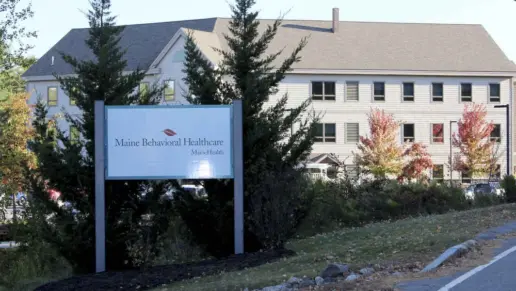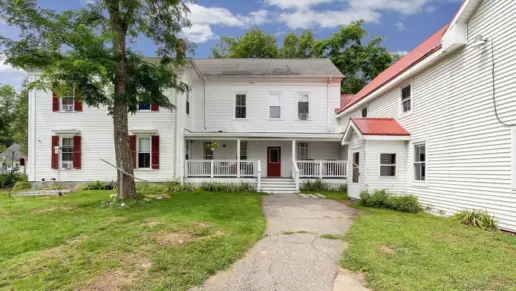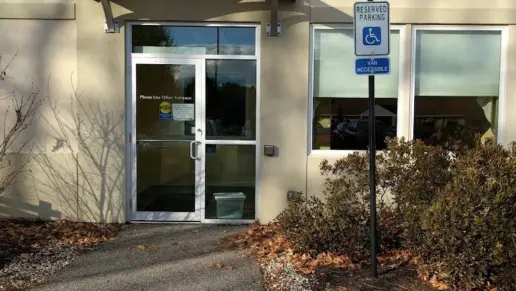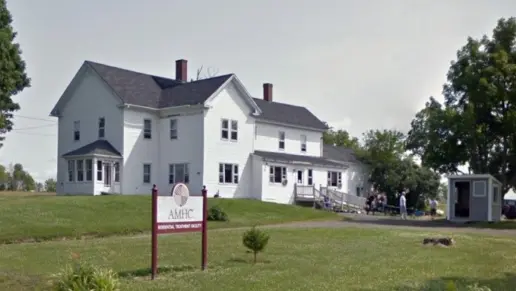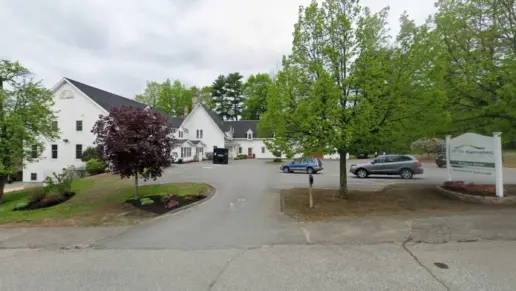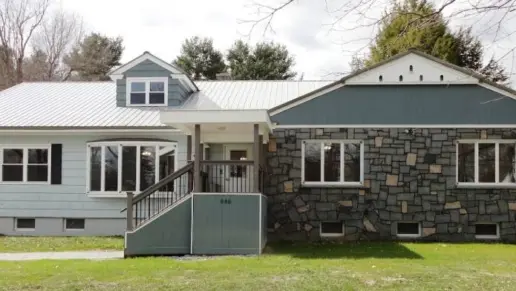About Maine Center for Integrated Rehabilitation – Closed
The Maine Center for Integrated Rehabilitation in South Portland, Maine, was a brain injury treatment center for adults, adolescents, and families. They were accredited by CARF. Unfortunately this facility has now closed.
Brain Injuries from Substance Use
The center offered treatment for those who had a brain injury as a result of car accidents, sports, heart attack or alcoholism as well as firearms, drowning, falls, violence, strokes, drug abuse, toxic exposure and brain surgery. They performed extensive assessments of clients’ brain function that lasts up to seven hours.
Day Therapy for Intensive Treatment
The center offered many different types of therapy that address various impaired brain functions. Those who will need assistance for the rest of their life attended day rehabilitation programs seven days per week.
Vocational Rehabilitation for Employment
Vocational rehabilitation was available for those wishing to maintain employment. The client was evaluated and assessed to determine the type of job that was the best fit. The center could assist a client with job coaching and job placement.
Therapy for Specialized Groups
Specialized groups rehabilitated a client’s optimal functioning in a way that was interesting to the clients. Animal rehabilitation consisted of horseback riding and pet therapy. Exercise included adaptive sports, aquatic therapy and fitness. Other therapies offered were music therapy, art therapy, horticulture therapy and leisure education.
Orthopedic Rehabilitation for Pain
Orthopedic rehabilitation used the McKenzie approach for clients experiencing neck and back pain. Therapies and services included physical therapy, aquatic therapy, vertigo or dizziness therapy, work conditioning, occupational therapy and speech therapy.
Rehab Score
Accepted Insurance
Other Forms of Payment
Medicaid is a state based program that helps lower-income individuals and families pay for healthcare. Medicaid covers addiction treatment so those enrolled can use their coverage to pay for rehab. When a program accepts Medicaid the client often pays very little or nothing out of their own pocket.
Medicare is a federal program that provides health insurance for those 65 and older. It also serves people under 65 with chronic and disabling health challenges. To use Medicare for addiction treatment you need to find a program that accepts Medicare and is in network with your plan. Out of pocket costs and preauthorization requirements vary, so always check with your provider.
Military members, veterans, and eligible dependents have access to specific insurance programs that help them get the care they need. TRICARE and VA insurance can help you access low cost or no cost addiction and mental health treatment. Programs that accept military insurance often have targeted treatment focused on the unique challenges military members, veterans, and their families face.
Addiction Treatments
Levels of Care
 Aftercare Support
Aftercare Support
Treatments
The goal of treatment for alcoholism is abstinence. Those with poor social support, poor motivation, or psychiatric disorders tend to relapse within a few years of treatment. For these people, success is measured by longer periods of abstinence, reduced use of alcohol, better health, and improved social functioning. Recovery and Maintenance are usually based on 12 step programs and AA meetings.
Drug rehab in Maine is the process of helping someone learn how to live without the use of substances. Professional staff provide treatment to address the various issues of addiction. Methods often involve medication, counseling, and evidence-based therapies.
A combined mental health and substance abuse rehab has the staff and resources available to handle individuals with both mental health and substance abuse issues. It can be challenging to determine where a specific symptom stems from (a mental health issue or an issue related to substance abuse), so mental health and substance abuse professionals are helpful in detangling symptoms and keeping treatment on track.
Opioid rehabs specialize in supporting those recovering from opioid addiction. They treat those suffering from addiction to illegal opioids like heroin, as well as prescription drugs like oxycodone. These centers typically combine both physical as well as mental and emotional support to help stop addiction. Physical support often includes medical detox and subsequent medical support (including medication), and mental support includes in-depth therapy to address the underlying causes of addiction.
Programs

Adult Program

Young Adult Program
Clinical Services
Whether a marriage or other committed relationship, an intimate partnership is one of the most important aspects of a person's life. Drug and alcohol addiction affects both members of a couple in deep and meaningful ways, as does rehab and recovery. Couples therapy and other couples-focused treatment programs are significant parts of exploring triggers of addiction, as well as learning how to build healthy patterns to support ongoing sobriety.
Research clearly demonstrates that recovery is far more successful and sustainable when loved ones like family members participate in rehab and substance abuse treatment. Genetic factors may be at play when it comes to drug and alcohol addiction, as well as mental health issues. Family dynamics often play a critical role in addiction triggers, and if properly educated, family members can be a strong source of support when it comes to rehabilitation.
Group therapy is any therapeutic work that happens in a group (not one-on-one). There are a number of different group therapy modalities, including support groups, experiential therapy, psycho-education, and more. Group therapy involves treatment as well as processing interaction between group members.
In individual therapy, a patient meets one-on-one with a trained psychologist or counselor. Therapy is a pivotal part of effective substance abuse treatment, as it often covers root causes of addiction, including challenges faced by the patient in their social, family, and work/school life.




